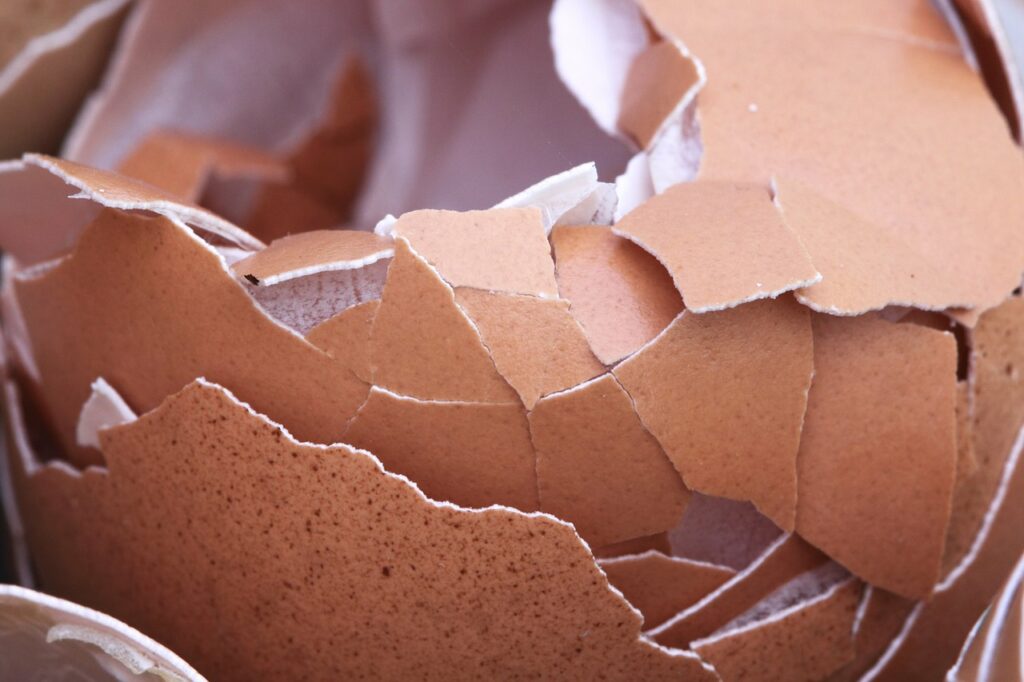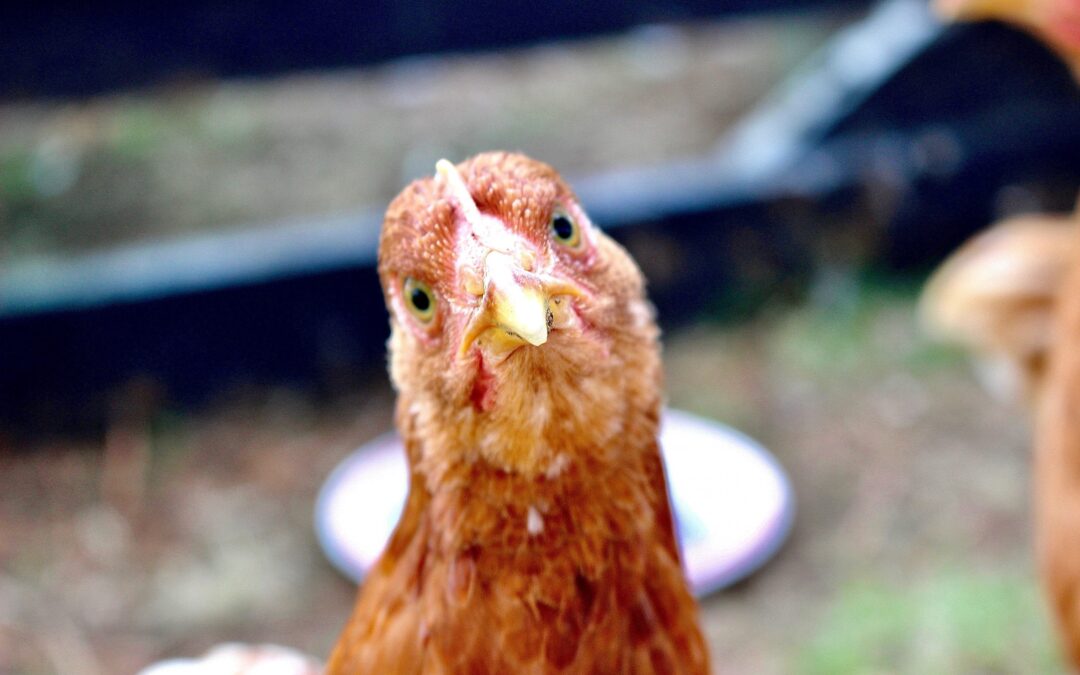With the significant increase of Melbournians investing in keeping chooks again this Spring, we’ve seen an increase of these friendly little fluffballs coming into the clinic for their check-ups. Much like when we meet with owners of household dog and cat residents, the conversation will generally always turn to diet, and with good reason.
Your pet’s diet contributes so much to their general health and wellbeing, and the same goes for your beautiful new chickens. Though they are low-maintenance, and many will argue you can simply throw a bucket of kitchen scraps at them every once in a while, it is important that you carefully consider what you are feeding them to ensure they are getting all of the nutrients they need. I mean, the beautiful reality is, that when you feed your chooks well, you eat well too., but those warm eggs you’ll scramble for breakfast are going to take some serious chook-energy to create.
So, How Much Food Does a Chook-Chook Chuck?
Adult laying hens require a balanced, omnivorous diet, meaning they’ll need a daily offering of a variety of foods that include ~
Good Quality Chicken feed
Most hungry hens will require around half a cup of feed every day, though most will keep a self-dispensing feeder that requires a weekly top up. Your feed should be made up of layer pellets or mash that combine grit, grains and added vitamins.

Various fruits and vegetables
Keep a bucket in your kitchen to keep the raw scraps you accumulate throughout the day, including veggie peel, banana and carrot ends, apple cores and discarded berries. You can also treat them to healthy greens, pasta and rice that are left over from recipes or sandwich crusts in smaller amounts.
Foraging foods
Supplement your chooks’ mash with grains like corn or sunflower seeds that can be scattered around the pen to encouraging their natural scratching and foraging for food. This will also help to keep boredom at bay and your chooks mentally stimulated.

Access to the garden’s smorgasbord
Though this one isn’t entirely necessary and mostly discouraged if you’re growing award-winning roses, allowing you hens to ‘free-range’ through the garden allows them access to all sorts of nutritious weeds (be sure to check your garden for poisonous varieties), bugs and worms. If you are worried about your landscaping, keep your hens in designated areas with fencing or supervise them for shorter periods throughout the day.
Grit
Healthy chickens need a regular supply of grit to help them digest their food properly, especially if they aren’t roaming the garden freely. While your chook feed will generally contain some, it is never a bad idea to top up your hen’s supply with a boomerang of their own shells. Simply save the eggshells you’ve collected and eaten, allow them to dry for a day or two, and whiz them up in the blender or in a mortar and pestle.

Ample, FRESH water
All animals need access to clean, fresh water that is cleaned and changed regularly. Ensure that you have at least one water dispenser inside your coop, and one outside, and preferably one that doesn’t tip over easily. Try freezing fruit or vegetables in blocks of ice to keep your feathered friends cool and hydrated in warmer weather.
Foods to avoid
Never feed your hens with rotten food or anything that is hugely fatty or salty. Also avoid giving them raw potatoes, onions and garlic, chocolate or anything from the citrus family. Feeding your chooks a poor diet can lead to a grumpy flock who don’t produce regular, well-formed eggs, who feather-pick or generally misbehave. A good rule of thumb to remember is if you wouldn’t feed it to your dogs, don’t feed it to your chooks!
Chickens make amazing backyards pets for a multitude of reasons. Not only do they give us eggs, but they also keep snakes at bay, reduce our food waste and help to fertilise our gardens naturally. Stay dedicated to feeding your chickens well, just as you would any other pet in your home, and you’ll enjoy a long-lived friendship (with so many benefits!).
Give us a call on 03 9369 1822 with any questions or concerns you have your for your chooks, and we’ll work around the cluck to make sure they are happy, healthy and hen-some for years to come 😉

